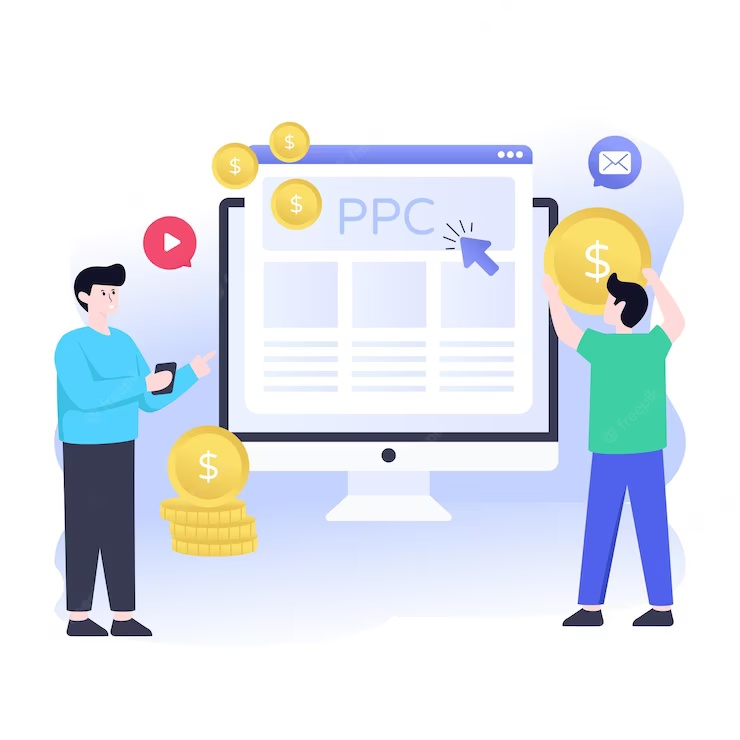In today's digital age, businesses need to have a strong online presence to survive and succeed. Google pay per click (PPC) advertising is one of the most effective ways to achieve this. It allows businesses to reach their target audience through targeted ads, pay only for clicks, and track the performance of their campaigns. In this article, we'll delve deeper into the world of Google PPC advertising, exploring its benefits, strategies, and best practices.
What is Google Pay Per Click Advertising?
Google PPC advertising is a digital marketing strategy that involves placing ads on Google's search engine results pages (SERPs), as well as on other websites and apps that are part of the Google Ad Network. Advertisers pay a fee each time a user clicks on their ad, hence the term "pay per click." The amount paid per click varies depending on various factors, such as the competitiveness of the keyword, the quality of the ad, and the ad's position on the SERP.
Benefits of Google PPC Advertising
Google PPC advertising offers several benefits for businesses, including:
- Increased visibility: PPC ads appear at the top of the SERP, above the organic search results. This gives businesses greater visibility and exposure to potential customers.
- Targeted advertising: Google PPC ads can be targeted to specific geographic locations, languages, devices, and even times of the day. This allows businesses to reach their ideal audience and maximize their ROI.
- Cost-effective: Unlike traditional advertising, businesses only pay for clicks on their ads. This means they can control their advertising spend and ensure they are getting a positive return on investment.
- Measurable results: Google PPC advertising allows businesses to track their performance and measure the success of their campaigns. This helps businesses identify what is working and what needs to be improved.
Google PPC Advertising Strategies
To maximize the benefits of Google PPC advertising, businesses need to develop effective strategies that align with their goals and target audience. Here are some essential strategies for success:
- Conduct thorough keyword research: Keyword research is the foundation of any successful PPC campaign. Businesses need to identify the keywords their target audience is searching for and use them in their ad copy and landing pages.
- Create compelling ad copy: Ad copy is the first thing potential customers see, so it needs to be compelling, relevant, and engaging. It should also include the keywords identified in the keyword research.
- Optimize landing pages: A landing page is where potential customers go after clicking on an ad. It needs to be optimized for conversion, with clear and concise messaging, a strong call to action, and relevant content.
- Test and refine: PPC campaigns are not set-and-forget. Businesses need to continually test and refine their campaigns to optimize their performance. This includes testing different ad copy, landing pages, and targeting options.
Best Practices for Google PPC Advertising
In addition to the above strategies, there are some best practices that businesses should follow when running Google PPC campaigns. These include:
- Set realistic goals: Businesses should set specific and measurable goals for their campaigns, such as increasing website traffic or generating leads. This will help them track their progress and make informed decisions.
- Monitor and adjust bids: The cost per click for each keyword can vary, depending on competition and other factors. Businesses should monitor their bids and adjust them to ensure they are getting the best possible ROI.
- Use ad extensions: Ad extensions allow businesses to include additional information in their ads, such as phone numbers, location, and links to specific pages on their website. This can increase the relevance and effectiveness of the ad.
- Use negative keywords: Negative keywords are keywords that businesses don't want to target with their ads. By using negative keywords, businesses can prevent their ads from showing


No comments yet